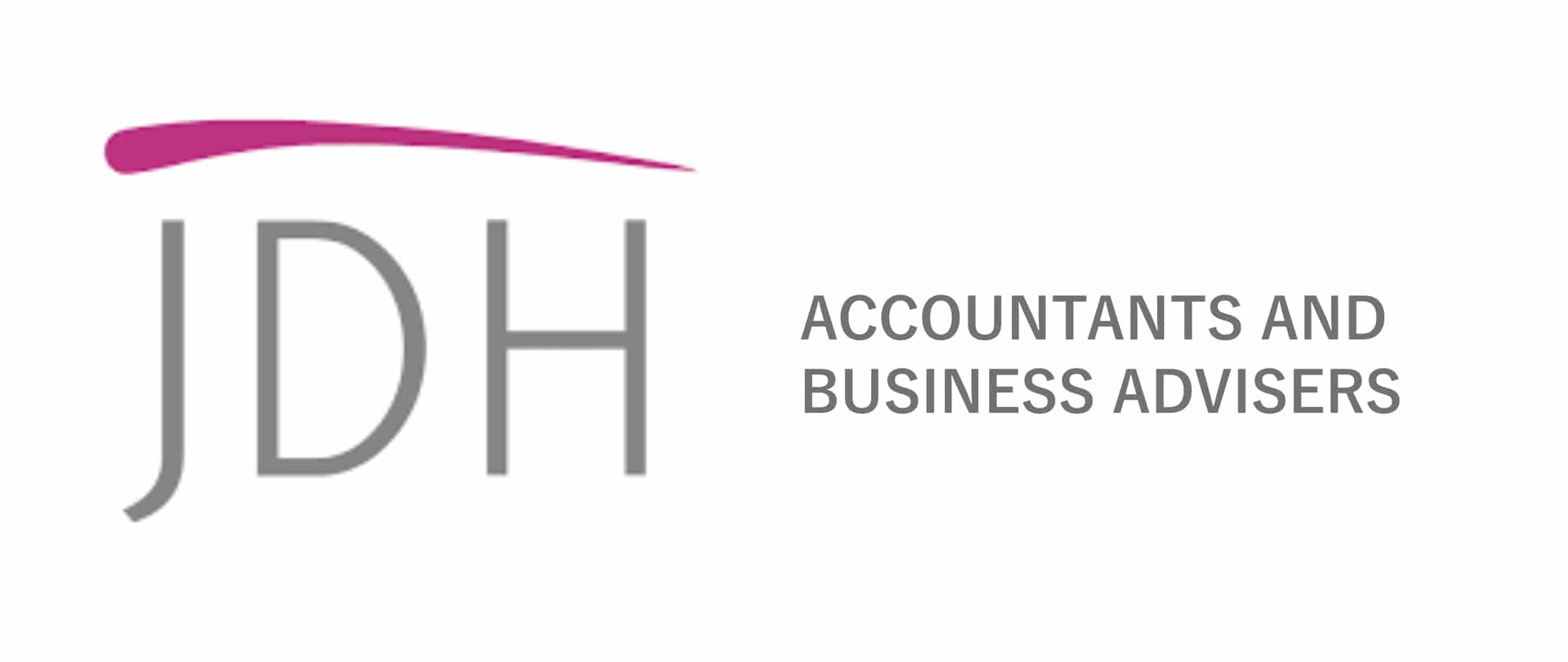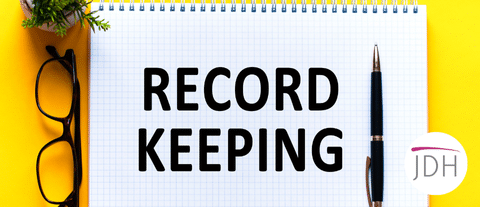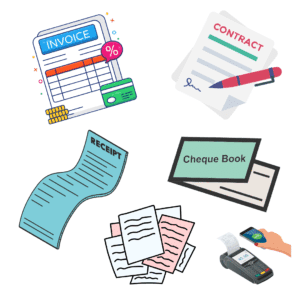Why Adequate Record Keeping Matters for Your Business
No matter the size or structure of your business—whether you’re a sole trader, in a partnership, or running a limited company—record keeping is not just a best practice; it’s a legal requirement. HMRC requires all businesses to keep adequate business and accounting records. But beyond compliance, maintaining clear records can help you understand how much money you’ve made, what you’ve spent, and how effectively your business is operating.
In this post, we’ll explore what counts as adequate records, why they matter, and how you can make record keeping easier for yourself or your accountant.
What Records Should You Keep?
Staying organised starts with knowing what records to keep. The following documents form the foundation of strong financial record keeping:
-
Bank statements
-
Credit card statements
-
PayPal statements
-
Cheque book stubs
-
Purchase invoices and receipts
-
Sales invoices
-
Contracts
These documents give a clear picture of your financial activity and serve as evidence of income and expenses. By keeping them in order, you’ll save time, avoid stress, and reduce the risk of costly mistakes during tax season.
How Long Should You Keep Records?
HMRC expects businesses to retain their records for at least six years. This may seem like a long time, but there’s good news: you don’t have to store boxes of paperwork forever. You can scan and store documents electronically, which helps reduce clutter and protect important information from being lost or damaged.
Make sure your digital copies are clear, well-labelled, and securely backed up. This way, you’re not only staying compliant—you’re also future-proofing your business.
Why Good Record Keeping Helps Your Accountant
When your records are well-organised, your bookkeeper or accountant can work much more efficiently. This means fewer queries, faster turnaround times, and potentially lower fees. Plus, it reduces the risk of errors that could lead to penalties or incorrect tax returns.
In short, good record keeping helps your accountant help you.
Useful Tips for Keeping Adequate Records
To make record keeping easier and more efficient, try these practical tips:
-
Go digital – Use accounting software or apps that let you upload receipts, track expenses, and connect to your bank feeds.
-
Schedule regular check-ins – Set aside time weekly or monthly to review and organise your records.
-
Label everything clearly – Whether digital or physical, clear labelling makes retrieval quick and painless.
-
Separate personal and business finances – Always use a dedicated business account to keep things tidy.
-
Keep backups – Store your files in more than one place (cloud and physical drive) to avoid data loss.
-
Stay consistent – Create a process and stick to it; consistency is key to maintaining adequate records.
Final Thoughts
Record keeping might not be the most exciting part of running a business, but it’s absolutely essential. With the right approach and tools, you can stay on top of your finances, keep HMRC happy, and gain valuable insights into how your business is performing.
Taking a little time now to set up solid systems will save you hours in the long run—and help your business grow with confidence.


